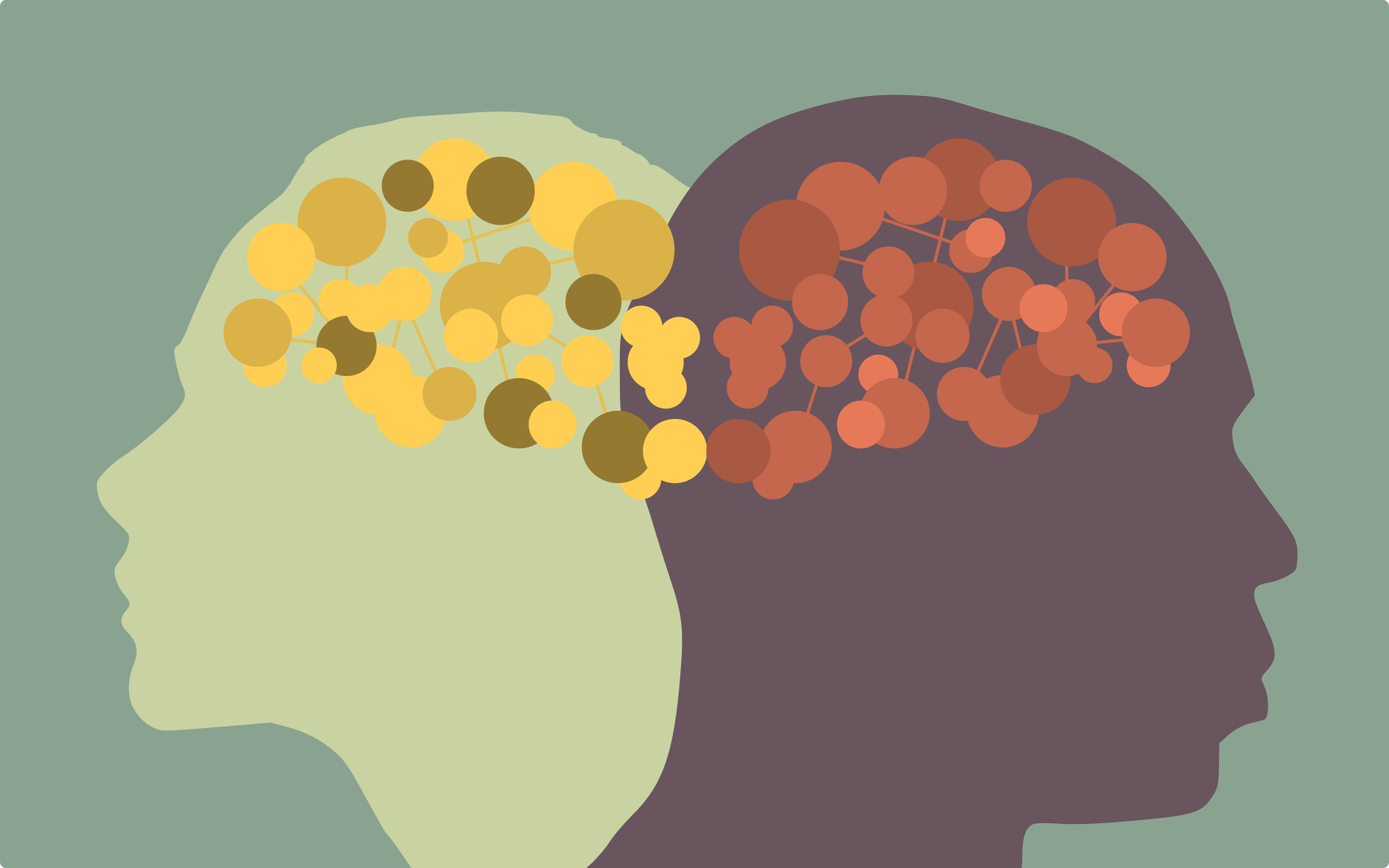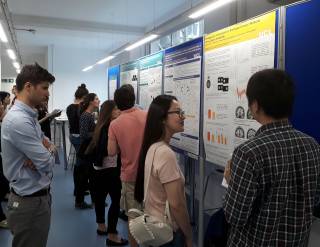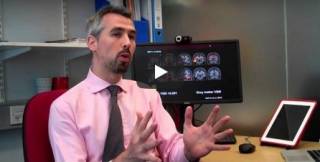Neurodegenerative Disease

Huntington's Disease Centre
The Huntington’s Disease Centre’s research programme combines sophisticated cell-based systems with rigorously standardised preclinical target validation to prime mechanistically-driven drug development initiatives. The Centre successfully led the world’s first gene silencing study for Huntington’s disease using antisense oligonucleotide therapy, IONIS-HTTRx, for which a pivotal phase 3 trial is now planned. A translational research approach underpins the Centre’s overarching aim to develop and test effective therapies for HD, and to set the ground work to eventually prevent the clinical disease occurring completely through prevention trials.

Dementia Research Centre
The Dementia Research Centre (DRC) is a hub for translational clinical research in the dementias. Our aim is to improve the diagnosis, management, care and support of patients and families affected by these devastating disorders. Our focus is on identifying and understanding the disease processes that cause dementia, the factors that influence these disease processes, improving methods for identifying and tracking diseases and supporting people with dementia and their families. We have a very active clinical trials team and our research is closely linked to the Specialist Cognitive Disorders Clinic within the National Hospital for Neurology and Neurosurgery and to national patient and carer support groups.

People
Co-Heads of Department are Professors Nick Fox and Sarah Tabrizi. Our Principal Investigators' highly multidisciplinary and interactive studies span structural, cellular and molecular biology, neurogenetics, cellular and transgenic mouse models, big data bioinformatics, neuropathology and the full spectrum of clinical research including major cohort studies, biomarkers, neuroimaging, cognitive neuroscience, experimental medicine and therapeutic trials. The departmental philosophy is to integrate basic and clinical translational research in neurodegenerative diseases, drawing on diverse research disciplines and modalities; many of the key contributions towards understanding the basic biology of these diseases have come from clinical and neuropathological observations, and efficient and imaginative translation of basic laboratory research to the clinic is essential to provide benefits for patients at the earliest opportunity
Training and Education
The Department has a strong commitment to educating the next generation of leading neurodegenerative disease researchers, hosting an extensive portfolio of PhD projects supported by a programme of mentorship and pastoral care. Graduate students benefit from a diverse peer network and regular departmental lectures and seminars featuring international leaders in clinical and basic neurodegeneration research.
The Department directs UCL’s MSc course in dementia neuroscience, which reflects our ethos of spanning bench to bedside and offers unique clinical and basic laboratory learning and research opportunities.
For more information see: Dementia: Causes, Treatments and Research (Neuroscience) (MSc)
 Close
Close



